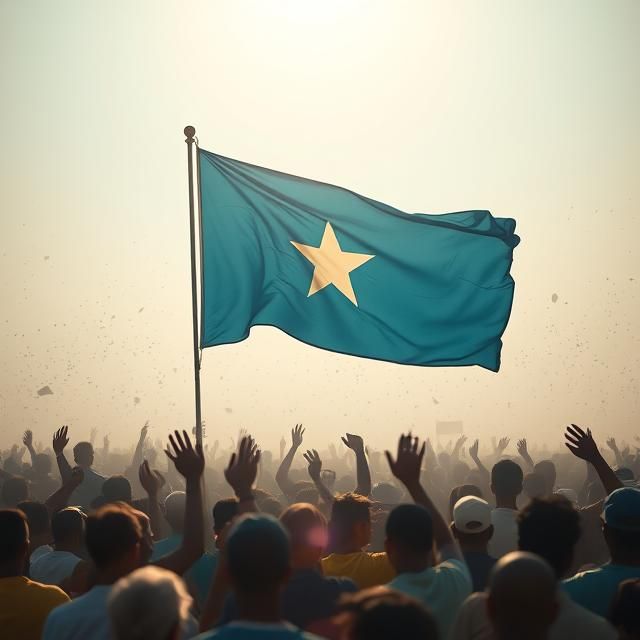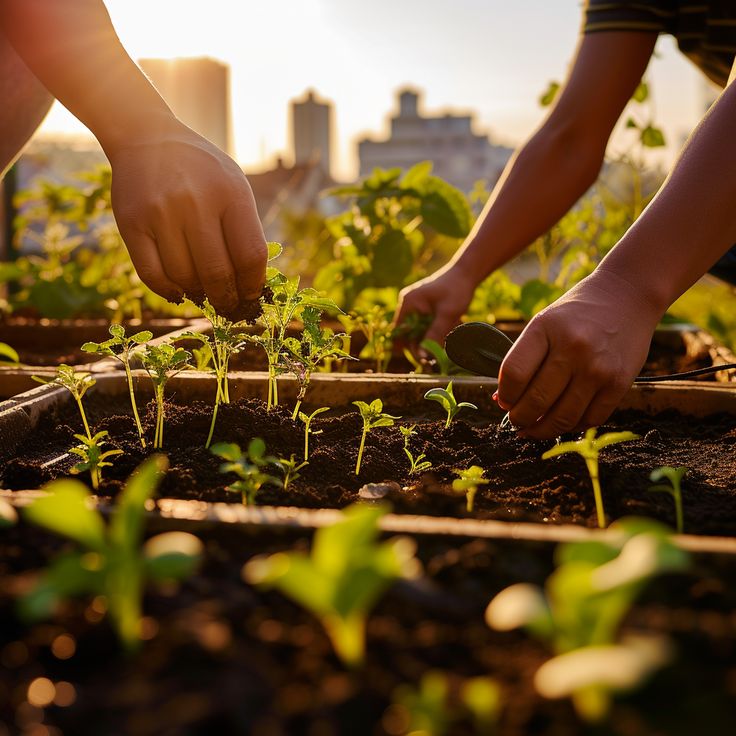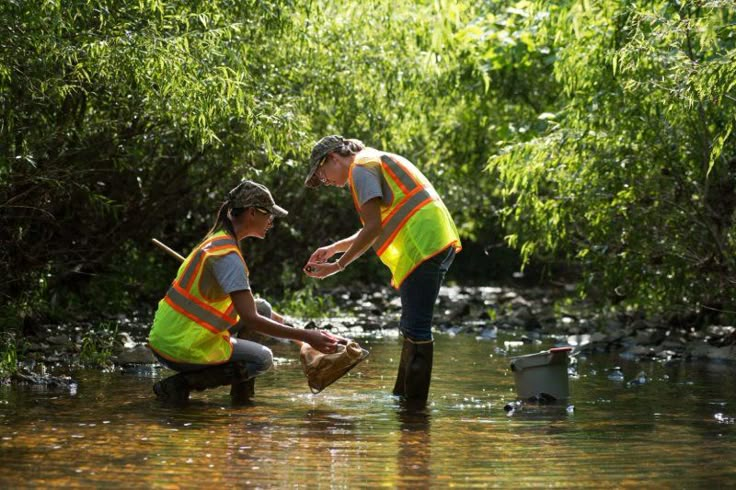Culture and Politics of Somalia and Its Future

- Reporter 12
- 25 Dec, 2024
Culture of Somalia: Somalia, located in the Horn of Africa, has a rich cultural heritage influenced by its ancient history, geography, and diverse ethnic groups. Somali culture is characterized by a deep sense of oral tradition, with poetry, storytelling, and music being highly valued. The Somali people have a strong connection to their land, and their culture is influenced by Islam, as the majority of the population practices Sunni Islam. The Somali language, also called Somali, is part of the Cushitic branch of the Afro-Asiatic language family and is the primary language spoken across the country. In terms of social structure, Somalia traditionally places great importance on clan relationships, which are deeply embedded in the culture. The clan system plays a major role in daily life, including decisions regarding marriage, alliances, and disputes. This system can also influence political dynamics in the country, sometimes contributing to division and conflict. Somali cuisine features rich, spiced dishes, with a mix of Arab, Indian, and African culinary influences. The country’s rich coastal location also allows for seafood to be a staple in the diet. Political Landscape of Somalia: Somalia's political situation has been complex and tumultuous, particularly due to decades of civil war, which began in the late 1980s and led to the collapse of the central government in 1991. Following this, the country fell into anarchy, with multiple factions fighting for control and creating a power vacuum. As a result, various warlords and militant groups, including the terrorist group Al-Shabaab, have exerted influence over different regions. Despite these challenges, Somalia has been making efforts to establish stability. The country has made progress in rebuilding its government through the establishment of the Federal Government of Somalia in 2012. The Somali government is currently a federal republic, with a president and prime minister, although the federal system is still in the process of being fully implemented. In addition to political instability, Somalia has faced other challenges such as drought, famine, and economic difficulties. However, international aid and foreign investments have played a role in stabilizing the situation in recent years. The Role of the International Community: The international community, including the United Nations and the African Union, has been involved in supporting peace and reconstruction efforts in Somalia. The African Union Mission in Somalia (AMISOM) has been crucial in providing military support to the Somali government in its fight against Al-Shabaab and other insurgent groups. Somalia has also been a key partner for international trade, especially due to its strategic location along the Bab el-Mandeb Strait, a critical shipping route between the Red Sea and the Arabian Sea. Somali ports like Mogadishu, Berbera, and Kismayo have been important trade hubs. The Future of Somalia: The future of Somalia hinges on several key factors: Security and Counterterrorism: The persistence of militant groups, particularly Al-Shabaab, remains one of the biggest threats to Somalia’s stability. The government will need to continue working with international partners to enhance security, improve the capacity of its armed forces, and ensure that law and order are maintained. Strengthening counterterrorism efforts will be essential for Somalia's long-term peace. Political Reconciliation and Stability: The political future of Somalia relies on the successful implementation of the federal system. With the country’s diverse clans, political negotiations and reconciliation efforts are crucial. A more inclusive political structure could help address grievances among various factions and ensure greater representation for all groups. Continued dialogue and peacebuilding efforts will be necessary to maintain the progress made in the last decade. Economic Growth and Infrastructure Development: Somalia's economy is largely based on agriculture, livestock, and fishing. In recent years, Somalia has begun to see growth in certain sectors, including telecommunications and construction. With foreign investment, especially in the oil and gas sectors, Somalia has the potential to further develop its economy. However, challenges like corruption, lack of infrastructure, and the impacts of climate change must be addressed to ensure sustainable development. Education and Youth Empowerment: Somalia’s youth, who make up a large proportion of the population, face limited educational and employment opportunities. Providing quality education and empowering the younger generation with skills for the job market will be crucial for the country's future stability and prosperity. Environmental Challenges: Somalia is particularly vulnerable to the effects of climate change, including droughts and desertification. The country faces recurring food security crises, which can contribute to instability. Addressing environmental issues and improving the resilience of the agricultural sector will be critical for Somalia’s future. Conclusion: Somalia is at a pivotal point in its history. While the country has made significant strides toward political and economic stability, challenges persist. The successful future of Somalia will depend on achieving sustainable peace, promoting political reconciliation, ensuring economic development, and empowering its youth. Given the strategic location of Somalia and its resources, the international community's support will continue to play a key role in Somalia's recovery and growth. Ultimately, Somalia's future will be shaped by the resilience of its people, the stability of its institutions, and its ability to overcome the lingering threats to peace and security.
Leave a Reply
Your email address will not be published. Required fields are marked *




